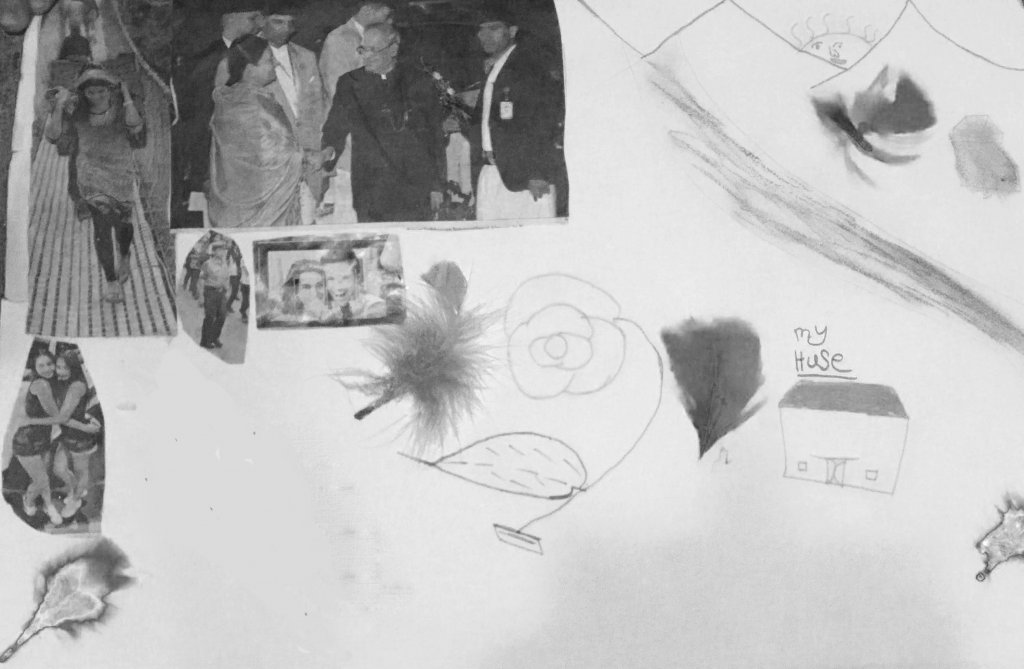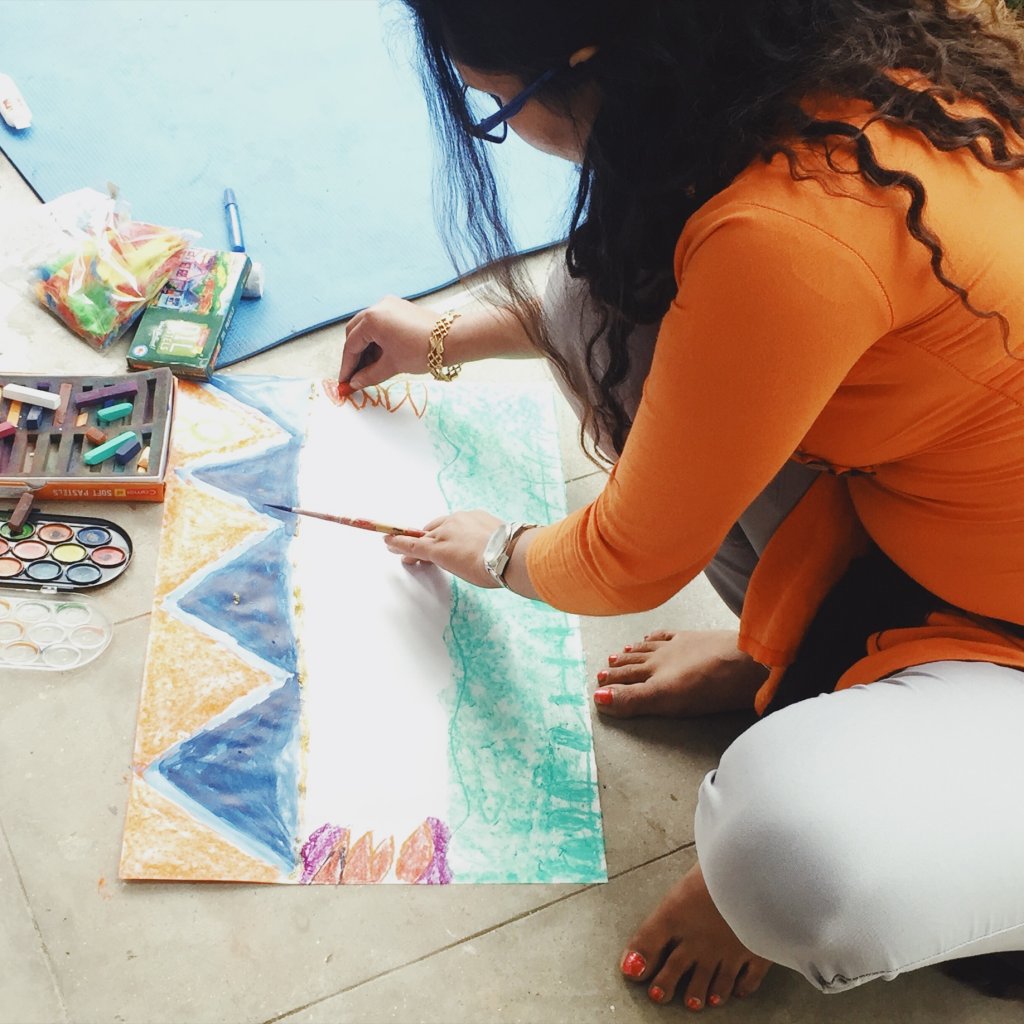KARMA AND SEX TRAFFICKING
Cultural Conditioning and Gender-Based Violence in Nepal
“Choriko jamma, hareko karma.”
Nepali Proverb: To be born a daughter is a lost destiny. Educating a daughter is like watering your neighbor’s garden.
In the predominately Hindu culture of Nepal, patriarchal values permeate much of everyday life. A 2016 World Bank report spoke to South Asia having the highest rate of female to male mortality, child marriage, and intimate partner violence internationally. Interpersonal, ideological, sociocultural, and religious norms are the ultimate determinants of its pervasiveness and the key reason legislative interventions have had little impact.
Karma, the idea previous good or bad actions determine your lot in this existence, plays a vital role in the trauma inflicted upon girls and women. This mindset posits women having been less pious than men in previous lives, consequently rendering them deserving of the injustices and abuse inflicted upon them.
As women are regarded as subservient to men; this attitude translates to less access to education, citizenship, and civil rights. Sons are prized and mothers are praised for birthing them. Conversely, mothers birthing daughters are chastised; verbally and physically abused for the perceived drain on the community.
In 2011, the State of the World’s Children Report found that 23% of Nepali women between the ages of 15 and 49, considered their husband justified in hitting/beating them if they argued, burnt the dinner, or neglected the children. Many girls and women consequently remain in the sex trade to ‘pay back’ their ‘karmic debt’ and to provide financially for their family to offset their burden.
Sociocultural influences affect the interplay of religion, superstition, tradition, societal hierarchy, inconsistent legislative enforcement, and access (or lack thereof) to resources, services, support, and opportunities in the multifaceted matrix continuing to stigmatize, harm, and perpetuate those victimized.
In short; it is not a simple problem, and lacks a simple solution.
To demonstrate this, this is a story from an artwork which was created by one of our participants who was sold into sexual exploitation at a young age in the Art to Healing’s Women’s Transformational Program, which highlights this point:

Gender Based Violence and Sex trafficking
Figure 1: What it means to be a woman in Nepal
“I have drawn the sun in the corner and I believe that women and the sun are born naturally like each other. There is a bird in my image which flies in a different direction and women have to fly in a different direction (to cultural norms) as well.
Like the Earth which is carrying so much burden, the women of Nepal have to carry so much burden too. They have to endure many bad things and experiences in life, and they have to do so many things.
I have also drawn a flower which is trying to grow, but it is not able to grow fully and it is not able to fully bloom. This is like the women, they are not able to grow fully because we do not have the chance to do this.”

Healing sex slavery with Art Therapy
Figure 2: Art Therapy Programs with Art to Healing
At Art to Healing, we run trauma-recovery programs which also supports the women and the children who have experienced child sex slavery and exploitation to break free from the cultural mindset of Karma, and that being born female is less than being born male. When a woman starts to build their sense of self-awareness and empowerment, they start to break free from cultural and societal beliefs which no longer serve. Through deep therapeutic work, they start to create new beliefs which empower them to regain agency and a sense of autonomy which can begin the healing process of breaking free from the cultural trauma which pervades.
Published July 2020. Copyright Art to Healing.
Learn more about the Women’s Transformational Program
Supporting women to stop the cycle of Gender Based Violence and Discrimination through Trauma-Informed Mental Health Programs





